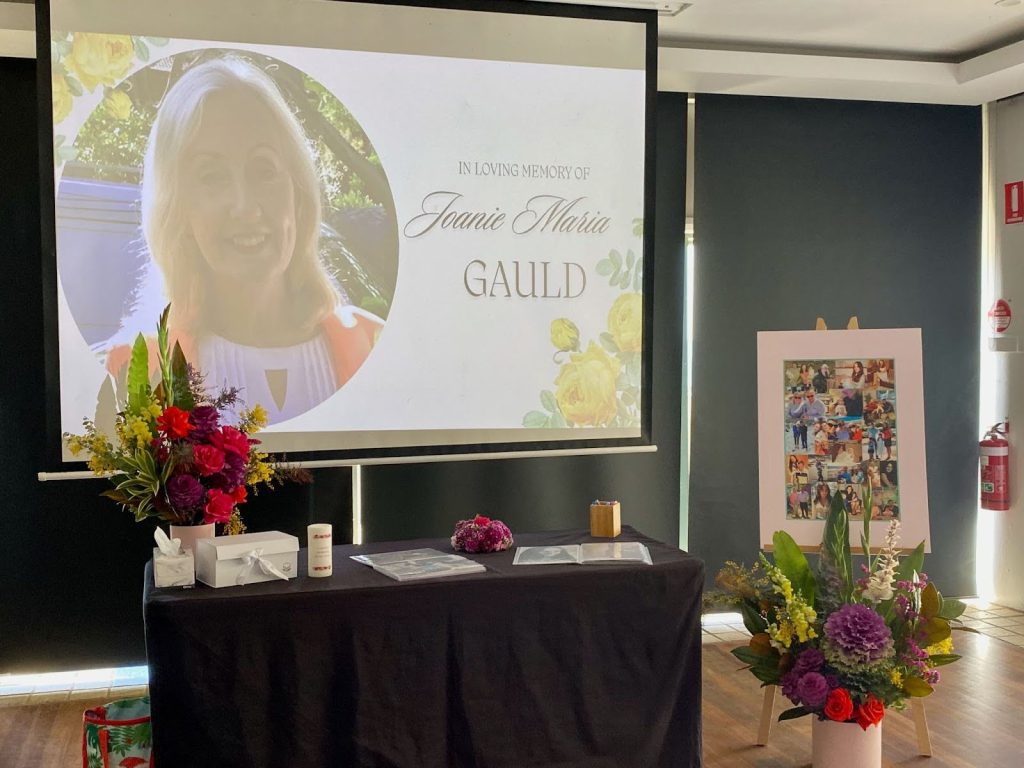
1. Acknowledge Your Feelings
The first step to managing grief is to recognise and accept that these days may be difficult. You may feel overwhelmed, sad, nostalgic, or even angry—and that’s okay. Give yourself permission to feel whatever arises without judgement. Bottling up emotions or forcing yourself to “be okay” can increase the weight of grief. Be prepared for sudden changes in grief too – you may think you’re coping but suddenly feel overwhelmed and sad. It is totally normal to experience sudden changes in mood and emotions.

2. Plan Ahead
Anticipating difficult days can give you a sense of control and allow you to prepare emotionally. Create a plan for how you want to spend the day such as honouring the memory of your loved one or seeking ways to focus on self-care. You don’t have to stick to your schedule if you change your mind, however planning a schedule can prevent feelings of aimlessness that may amplify grief.

3. Incorporate Remembrance Rituals
Honouring the memory of your loved one during special occasions can bring comfort. Consider lighting a candle, sharing stories, visiting their favourite place, preparing a dish they loved, or creating a memory box with cherished keepsakes. Rituals give structure to grief, making it feel less isolating and more integrated into your healing journey.

4. Communicate Your Needs
Grief can change how we want to interact with others, especially on significant days. Be open with friends and family about what you’re going through. If you need time alone or prefer company, express that. Loved ones can be a great source of comfort, but they may not know how to help unless you tell them what you need.

5. Create New Traditions
While it’s natural to miss old traditions, creating new ones can provide a sense of renewal and hope. Find ways to celebrate in a manner that feels right for you in your current stage of grief. This could mean doing something entirely different, such as volunteering, travelling, or hosting a gathering that focuses on connection and healing.

6. Be Gentle with Yourself
Grief isn’t linear, and it doesn’t conform to any timetable. Special dates can reopen wounds you thought had healed. Be patient and compassionate with yourself. Avoid unrealistic expectations about how you “should” feel or act. If you find yourself struggling, take breaks, rest, and engage in activities that soothe you.

7. Reach Out for Support
Talking about your emotions can help you process your feelings with a sense of connection and validation. Share your feelings with trusted friends, join a support group, or speak with a grief counsellor. Seeking professional help is a courageous and healthy step and grief counsellors are trained to provide tools and support that can guide you through the most challenging parts of your journey.

8. Engage in Self-Care
During emotionally charged times, it’s especially important to prioritise self-care. This can include physical activity, mindful meditation, creative outlets like writing or art, or simply taking time to rest. Self-care grounds you and helps you cope more effectively with overwhelming emotions.

9. Allow Moments of Joy
Feeling joy during moments of grief doesn’t diminish your love for the person you’ve lost. There is no reason to feel guilty about allowing yourself to experience joy again. Think about what your loved one would have wanted you to do. Embracing joy when it comes is a part of healing and can coexist with the pain of loss. It’s okay to laugh, smile, or enjoy a moment of happiness, even on days that feel heavy.

Grief triggered by special occasions is a reflection of the love you shared with your lost loved one.
While it can be deeply painful, it is also a testament to the bond you continue to carry. As you navigate these times, remember that you don’t have to carry the weight of grief alone. By honouring your feelings, leaning on support, and finding ways to create meaning amidst the pain, you can allow both healing and memory to coexist. If you or someone you know is struggling, it’s important to seek support from loved ones, support groups, or professionals who can help light the way through dark times. Remember, grief is a journey, not a destination—and you don’t have to walk it alone.


